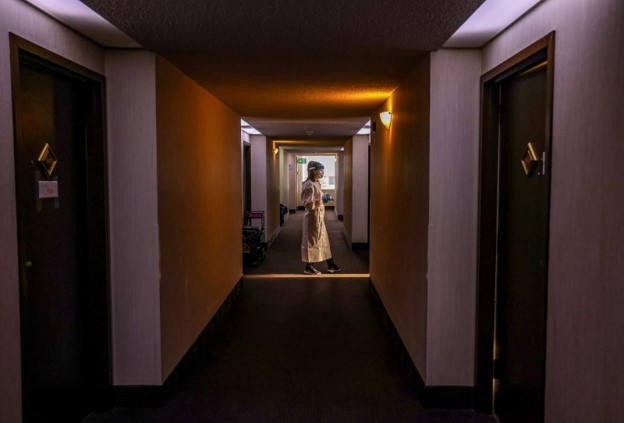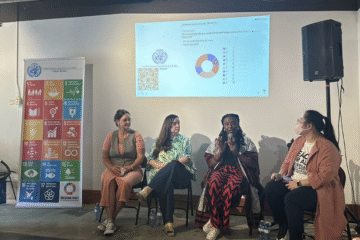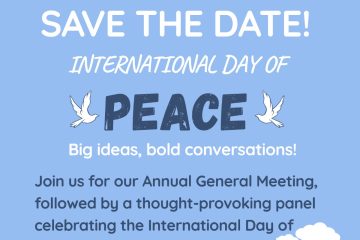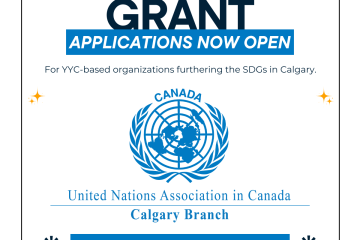A Hotel of Stories…
By: Kendall Simmonds
My time working at the Alex – Assisted Self Isolation Site (ASIS) and how storytelling can be used in order to develop empathy, understanding, and compassion.
Note: This article is written from the perspective of the writer and is not the view of the Alex or any other organization associated with the article. All names have been changed to respect the privacy of individuals.
It is interesting to reflect on the past two years, and how the pandemic has impacted us as individuals, communities, and globally. All of our stories are unique, shaped by our own experiences, but collectively we have all been affected by COVID.
The pandemic may have exposed fears, cracks, and inconveniences. It also may have exposed connection, resilience, and strength. All we know is that everyone was required to adapt and adjust quickly to the ongoing changes.
The Alex did just that. The Alex is a non-profit community health organization focused on providing medical and social support for people who are experiencing poverty, trauma, social isolation, health challenges, and addiction.
In April 2020, the Alex in partnership with Calgary Homeless Foundation, Alberta Health Services, CUPS Calgary, HomeSpace and the Government of Alberta responded to the pandemic with an innovative model called the Assisted Self Isolation Site (ASIS). In its bones, ASIS is a hotel refurbished to provide shelter for vulnerable populations who were required to isolate. Here, folks had access to medical care and social support.
I was excited at the opportunity to be a part of ASIS, as I had never worked in social work before. However, I am someone who is interested in connecting with people- in listening and hearing peoples’ stories.
The key here is empathy and connection.
And after two years of individuals isolating in some way or another and we continue to watch mental health concerns, addiction, and suicide rise in all populations- connection and compassion are worthwhile skills to cultivate.
A day in the life
Every day was different as a Community Support Worker at ASIS. You could always rely on doing your rounds during the meal times, but most other things you would take it as it comes. Breakfast, lunch and dinner were stable opportunities to check in on the clients.
I loved walking down the hallway of this liminal old hotel. Knocking on the doors and as the clients would open up their door, you would get a chance to peek into their world a little bit. Some clients would come with a suitcase and move in like it was their house. I remember one client brought in plants and took care of them well. Others would have nothing, ask for nothing, and barely leave a trace.
For some, this was an opportunity to focus on themselves, have a warm place to stay, and a recluse for 10+ days. For others, typically those who truly value the freedom of their lifestyles, this was hard. They were confined and disconnected from their community. Isolation is hard for the human species, we are literally wired for connection.
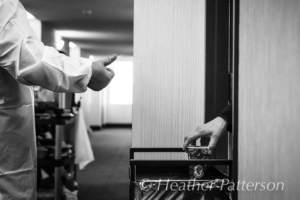
Photo credit: Heather Patterson, The Alex
I tried to ask every client how they were doing, genuinely. Sometimes the response was a quick and abrupt “fine.” Other times I would hear how they have been doing since 1983. It truly depends, and I did my best to remain curious.
It seemed there was a willingness to share. So often voices get lost on the street, in the systems, in the cacophony of busy lives. To have the opportunity to ask someone, genuinely, how they are doing and to get a truly honest answer is where connection lives.
The stories I heard were full of the same stuff I talk about with my friends, full of love, hope, of loss, grief, and pain. Full of the desires to be heard, seen, validated. It’s all the same, we are all wired to seek out these things and I think often we forget that. Humanness is raw, messy, peaceful, joyful, it holds everything regardless of who you are. Status, in whatever direction, does not mean you are exempt.
When I met Tyler
There were a few folks who would always stand out to me. One evening, during the dinner run, there was this one man who I was intrigued by. He never had the TV on- and that was rare, because so often the TV was blaring from the rooms.
Tyler was quiet, interesting, and I asked him how he was doing at this point. His response was “isolation is hard.” Truer words have never been spoken.
I took his response as a key. It was a moment to be curious and ask him more. My colleague carried on with the dinner rotation and I asked Tyler if I could pull up a chair and chat with him. He said “yes” with the same excitement a 6 year old boy would have. The hunger for connection was the only need that was spilling out of him, everything else seemed to be secondary.
Tyler has a substance use disorder. He was detoxing from alcohol, and this made him shake with an anxiety in his bones. I loved that about him- he couldn’t sit still. I often watched the way people would move. One of my generalizations was that this particular population of people tended to move slow, there was never a rush. It’s refreshing.
Tyler was incredibly intelligent. He brought books instead of watching TV, and was an artist- he was illustrating a comic about a cat that wore a cone. He was incredibly fascinating, he was well read, and had an innate curiosity about him.
He taught me a lot that night. My idea of addiction, and the subconscious stereotypes that I had wrapped around these concepts had dissolved. He had unknowingly transformed me and I am grateful for that.
How little it takes to transform; how easy it is to let your guard down and connect with someone.
My time ASIS changed me, I heard stories daily that took my worldview and plopped them upside down. I met new immigrants and refugees. I met fathers, mothers, and children. I met people who had lost everything and still manage to be hopeful, polite, and kind. I am forever grateful for the clients.
ASIS continues to provide support to the vulnerable folks and to date has provided support to more than 2,641 clients in which 74% completed their required isolation, each one of them with their own story to tell and a voice to be heard.
——————
About Kendall
Kendall Simmonds is a communications and digital media professional. She graduated from Mount Royal University with a major in cultural anthropology and minor in psychology. Kendall is fascinated with human connection, creative arts, and culture. She is interested in stories that allow diversity, expression and curiosity to be celebrated. In her spare time she likes to go for nature walks with her dog, Theo, and she draws, writes and paints.
https://www.kendallsimmonds.com/
——————————-
Sources and resources
- The Alex Blog: https://www.thealex.ca/alex-doctor-awarded-family-physician-of-the-year/
- The Alex About Us: https://www.thealex.ca/about/
- Home Space Blog: https://homespace.org/announcing-calgarys-assisted-self-isolation-site/
- The Alex Blog: https://www.thealex.ca/how-do-you-self-isolate-without-a-home/
- The Globe and Mail: https://www.theglobeandmail.com/canada/alberta/article-calgary-establishes-isolation-spaces-for-homeless-affected-by-covid-1/?cmpid=rss&utm_source=dlvr.it&utm_medium=twitter
- Very Well Mind: https://www.verywellmind.com/how-to-develop-empathy-in-relationships-1717547
- Canadian Mental Health Association: https://alberta.cmha.ca/covidreport/
